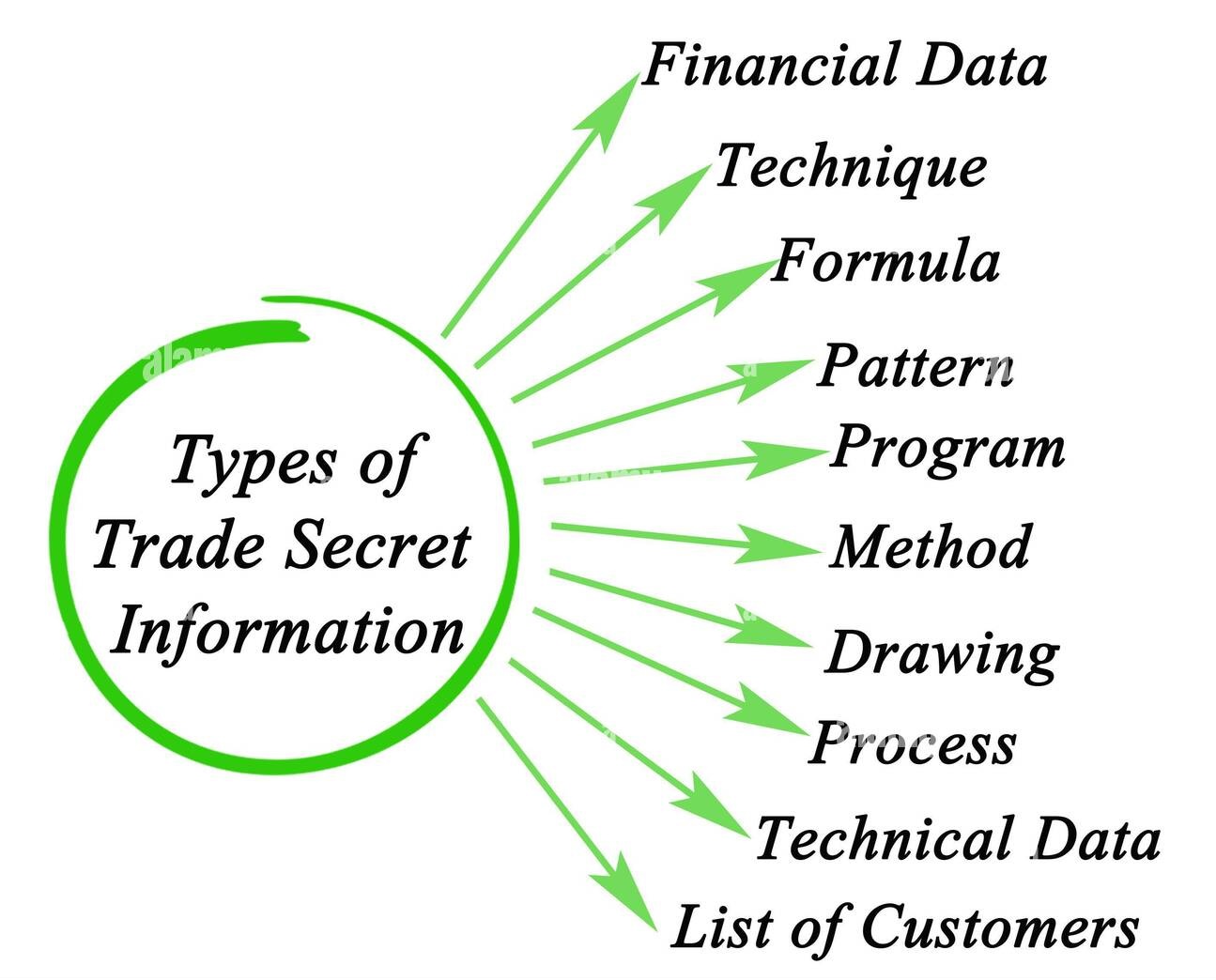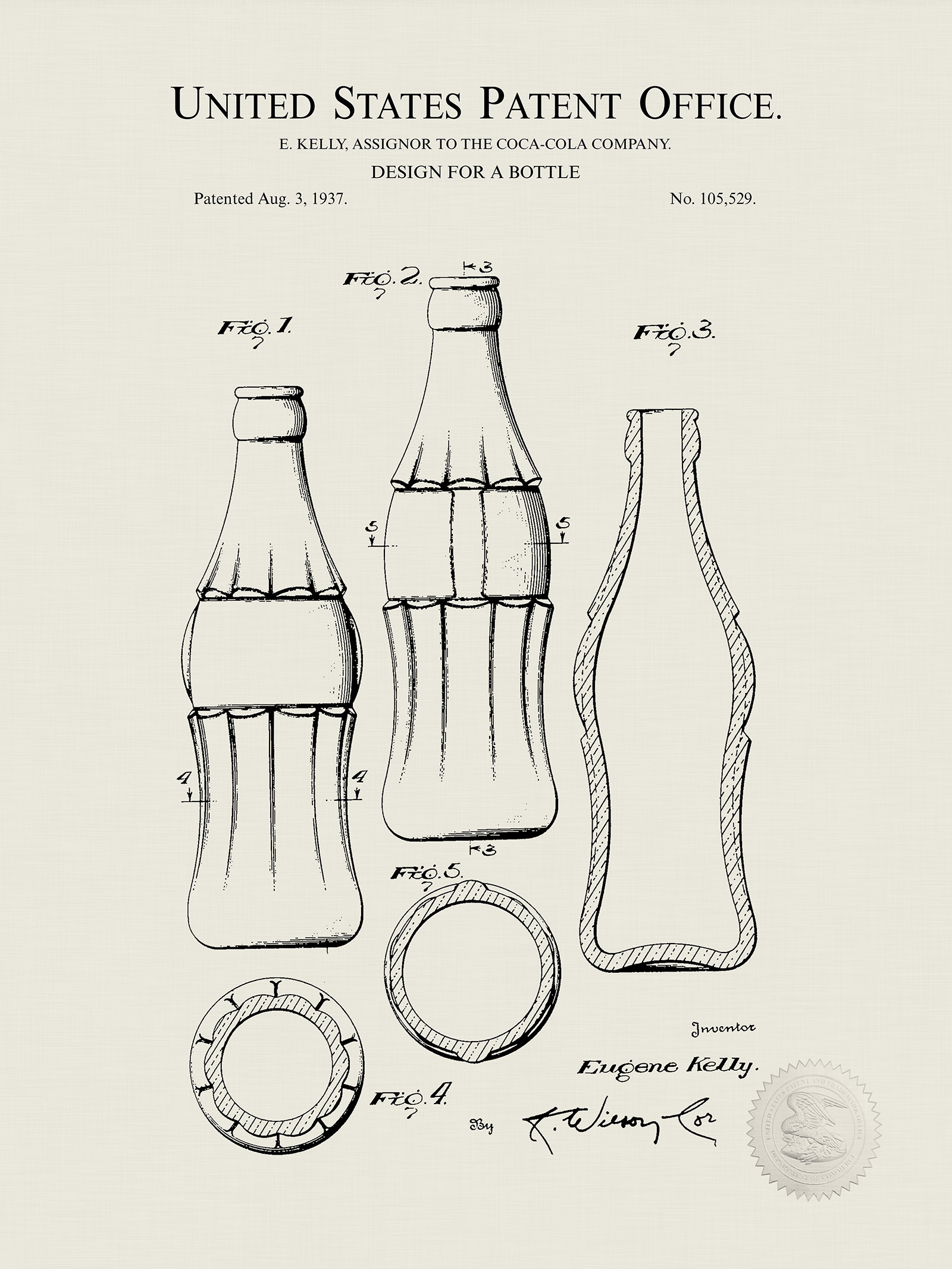Trade Secret Law
Understanding a trade secret
A trade secret and patent, in theory, are very similar but they function differently. A patent grants its owner a limited monopoly by the government in exchange for full and complete disclosure of an invention. In contrast, a trade secret may involve a patentable invention which the owner chooses to keep confidential instead of seeking patent protection.
Coca-Cola’s formula, serves as the best example of this. The company has never patented it, so the formula remains undisclosed. Coca-Cola has taken significant steps to keep its formula hidden from its competitors.



The U.S. Patent System
In the U.S., the patent system comes from the Constitutional provision that empowers Congress “to promote the progress of science and useful arts, by securing for limited times to authors and inventors the exclusive right to their respective writings and discoveries. The U.S. patent laws encourage inventors to make such disclosures by granting them patents that confer upon them the exclusive rights to make, use, and sell their inventions for a limited time (approximately 20 years).
Trade Secret vs. Patent
Trade secrets, however, do not have a set expiration. They last as long as the information remains confidential. According to U.S. law, maintaining secrecy is crucial for ongoing trade secret protection. This presents a simple problem: if the secret is not protected, i.e., gets out or is discovered independently, then the trade secret protection ends.
Selling a product and inadvertently making the secret public will result in the loss of legal protection. In contrast, patent protection safeguards against the unauthorized making, using, selling of the invention for the limited duration of the patent term in exchange for the patent owner making the invention “available” to the public. While patents focus on disclosure and time-limited protection, trade secret laws stem from tort misappropriation and unfair competition principles. Each method has its unique advantages and challenges for creators and businesses.
Got IP?®
Request a Consultation
All fields with an asterisk (*) are required to be filled out prior to submitting the form.
By clicking “Submit” you are acknowledging any information submitted through this form is for information purposes only and does not establish an attorney-client relationship with Madan Law PLLC. Our licensed patent, trademark, and business attorneys are looking forward to meeting with you!
